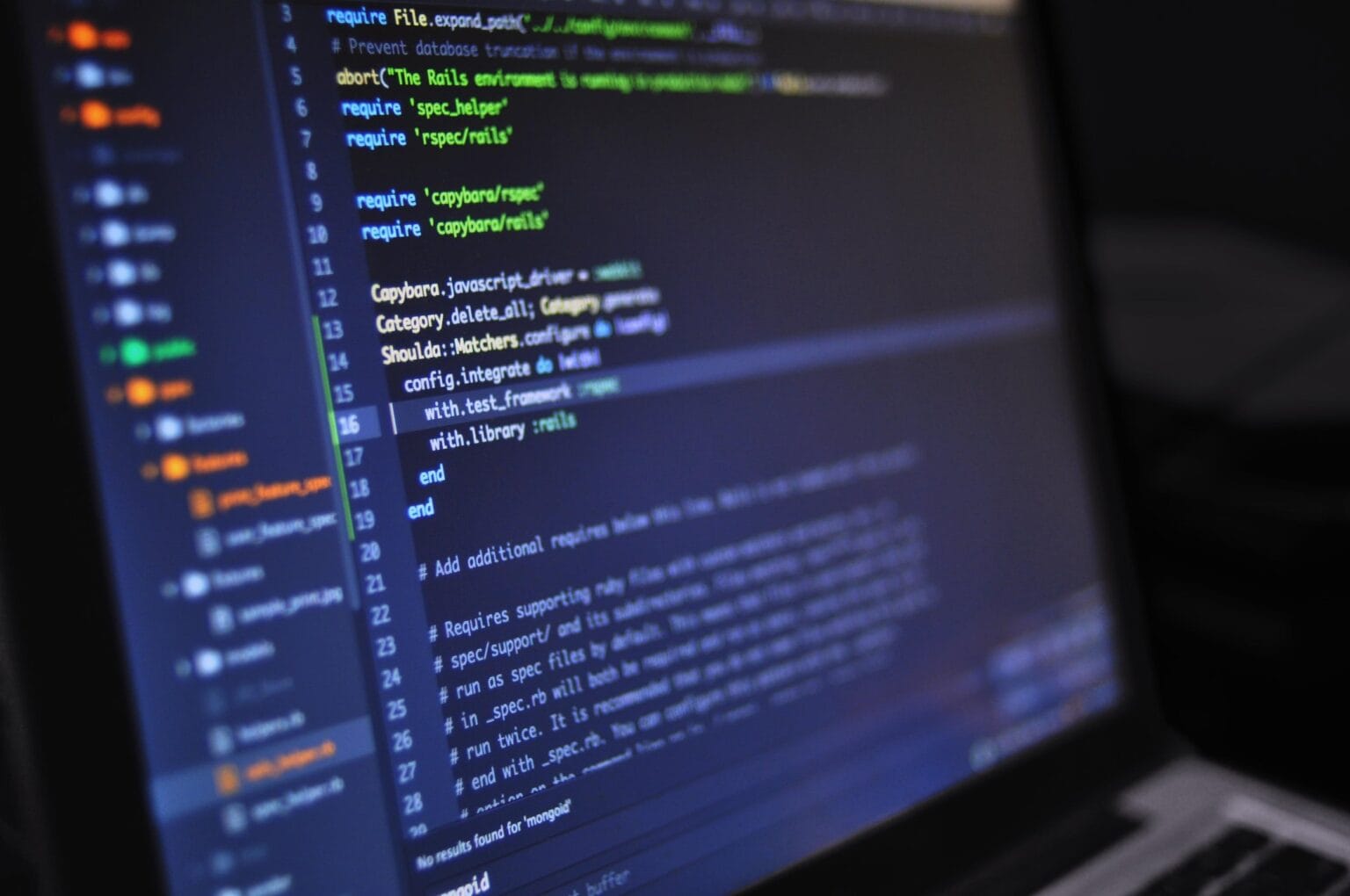
Blockchain & Counterfeit Goods: A Possible Solution
Counterfeiting goods, both a federal and a state crime, is the process in which an individual uses someone else’s name, without permission, to distribute goods. It’s a big issue globally, estimated in 2017 of reaching a total of 1.2 Trillion USD. That is a staggering number and is expected to rise. So the question is, how do we combat counterfeit goods? The answer might surprise you, because it’s still a relatively young term, blockchain.
If you are not familiar with what blockchain is, in the simplest terms, it’s the technology that supports digital currency, such as Litecoin and Bitcoin. It allows for digital information to be dispersed but not copied. Essentially, blockchain removes the middleman in a transaction, so the consumer and supplier connect directly.
Counterfeit goods reach much further than designer handbags and cash. Let’s look at the pharmaceutical industry for example. The industry is estimated to be worth over $75 billion annually, but the counterfeit pharmaceutical industry is estimated to be up to 25 times more lucrative than legitimate pharmaceuticals. In addition to the pharmaceutical industry, pirated software accounts for about $50 billion annually. An even more shocking number, stolen intellectual property (think trademarks and licenses, copyrights, code, etc.), costs $445 billion!!
In the past, its been nearly impossible to track the process between a manufacturer and a supplier of legit vs. counterfeit goods. The traditional supply chain for goods has been consumer, middleman, supplier.
Blockchain changes that supply chain, and that may just be how it could help in the reduction of counterfeit goods. Blockchain is able to store a complete history of transactions, which means a user can trace a product’s movements from across the world. With blockchain innovation, we are now able to track every link within the supply chain, from manufacturer, to distributor, to freight and transport, to customs and finally to the retailer, with each step along the way contributing data to a network that can prove the products origin, trace its ownership, and provide authentication. This accessible information would place power back into the hands of the consumer, because they can ensure they are receiving the product that they expect to.
This solution can also be easily applied to pharmaceutical and intellectual property supply chains. Every medicine packet/bottle can be assigned a unique, cryptographically protected identifier, allowing the manufacture and transport of these items to be identified, and verified as legitimate products.
Blockchain also makes it possible to enforce IP agreements, meaning in the event of an IP breach or illegal reproduction, we can not only trace exactly where and when it happened, and by who, we already have a pre-determined, and automated, means of contract enforcement and remuneration for the affected parties. This is revolutionary in the digital world, as for the first time since the inception of the internet, we have returned property rights to the intangible asset class.
While blockchain still has a ways to go, it’s already making vast strides in several industries. Obviously, it will not stop counterfeiting goods that consumers buy intentionally, but it’s on its way to protect consumers who believe they are buying legitimate products.
While Extract isn’t in the business of blockchain, we are interested in the security of your personal information. Out technology focuses on automatically finding specific pieces of information that need to be redacted for public consumption. We keep customers’ documents behind their firewall, reducing the opportunities there may be for information to be improperly published or stolen. If you are interested in learning more about how Extract can help, please reach out to us today!



